Top 7 Most Common Causes Of Feeling Tired All The Time?


Related products
What’s covered?
Our bodies need rest to function properly. It is very natural to get tired, but if you feel tired all the time for no apparent reason, it could be a sign of a health problem. You may feel like you have no energy and don't have the motivation to do work and daily tasks.
Seven most common causes of feeling tired all the time

Your body needs rest to function at its best. If you get tired more often, the first thing to do is visit your doctor. They will be able to examine and pinpoint the cause of your tiredness, which will help you to feel better and more energetic. For example, you may have an illness, such as anaemia or sleep apnoea; or you may have an underlying cause, such as depression or an unhealthy diet. The most common causes of chronic fatigue are as follow:
-
Sleep deprivation
-
Overwork
-
Hectic schedule
-
Overeating
-
Depression
-
Lack of physical activities
-
Unhealthy diet
-
Sleep apnoea
Sometimes we feel tired because we've been sleep-deprived. When we don't get enough sleep, our bodies don't get the rest they need, and ultimately, we feel tired. However, this can be changed by taking sleep medicine that is prescribed by a doctor. You may find over-the-counter products that claim to help with obstructive sleep apnea, however, it is best to get your GP's advice.
We spend 25% of our life dozing off. Let's assume that you are going to live for 90 years; then, you would burn through 30 years of your life snoozing. Nowadays, many individuals want to cut their bedtime to have more hours in a day to finish things and to do things they love to do.
But modern research has shown that sleep is crucial for our health and wellbeing. Sleep disorder is accounted as a medical condition as it can largely influence your lifestyle pattern.
How to know if you are experiencing a lack of sleep due to a medical condition - Symptoms
When we don't get enough sleep, our bodies feel the effects. We become slower and less alert, our decision-making abilities are affected, and we think our mental and physical activities are impaired. If we get only disturbed sleep, it also increases the chances of developing health problems like heart disease and some cancers. Sleep disturbances trigger fatigue and could point to an underlying medical condition such as anaemia, underactive thyroid, pregnancy, vitamin deficiency or depression.
Overworking and Stressful situations
Cortisol hormone is nature's inherent alert system and the body's stress hormone. It works with specific parts of your brain to control your temperament, inspiration, and fear.
Our bodies produce the hormone cortisol to help us deal with high-pressure situations. Our bodies produce more Cortisol to help us cope when we're under stress. However, we need sleep to produce Cortisol, so when we don't get enough sleep, our bodies don't have enough Cortisol, and eventually, we get tired.
Does working increase the production of Cortisol?
Any adjustment of the natural cycles because of a shift in work pattern could disturbance of the circadian rhythm, bringing about hyperactivity of the hypothalamic-pituitary-adrenal hub, prompting long-term raised cortisol levels.
What if your body produces too much Cortisol?
A mass in your adrenal gland or a tumour in the brain's pituitary gland can set off your body to make an excess of Cortisol. As a result, it can cause a condition called Cushing syndrome. In addition, it can prompt quick weight gain, skin bruises, muscle weakness, diabetes, and numerous other medical issues.
Hectic Schedule
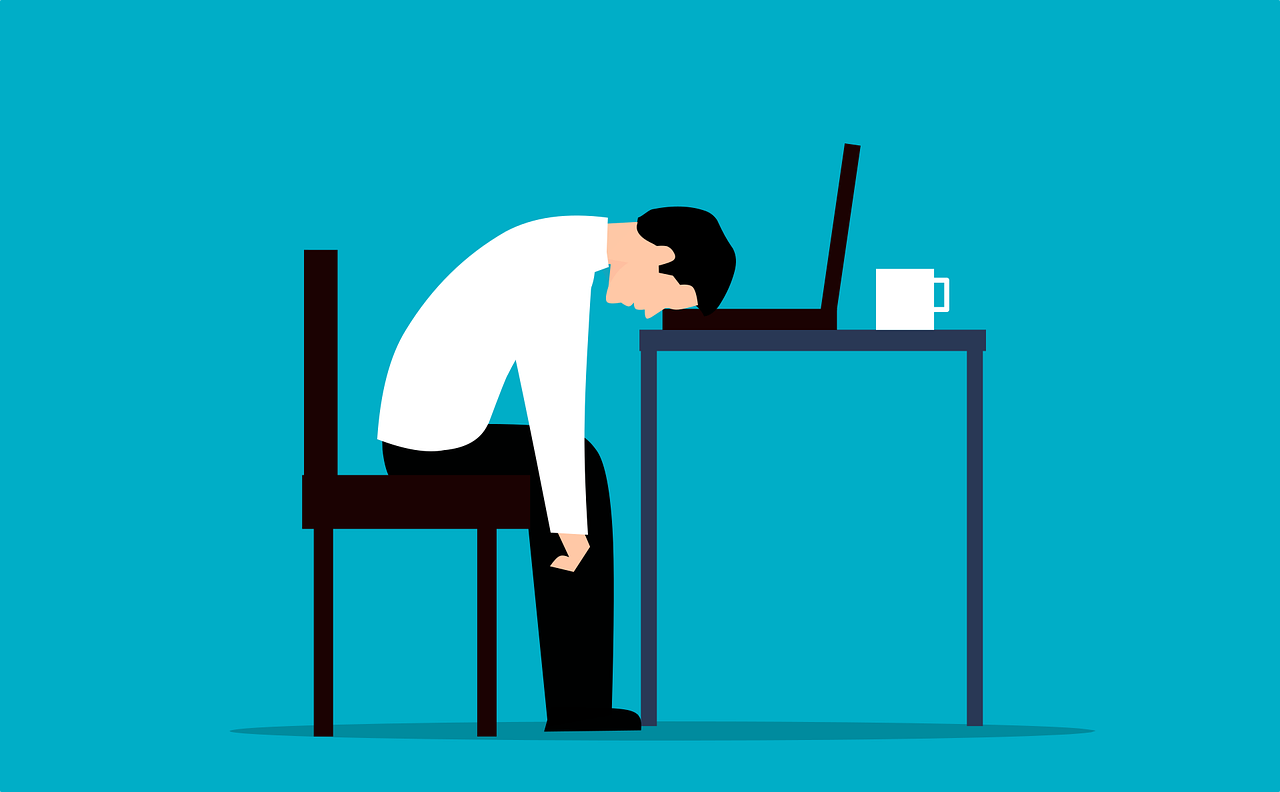
If we ponder on our nature, we get to know that everything is on its schedule, like stars, sun, and moon arise at their perfect time and seasons that won't take over the other before their time. Likewise, we have to sleep at night and wake up in the morning.
When you work long hours lately, your body craves a break. Because of a hectic schedule, it's becoming harder and harder to get going in the morning, and before you know it, you're rushing around like a headless chicken to get through the day, which makes you tired and your whole day spent in fatigue.
5 Tips to manage your Hectic Schedule and Health
A Hectic Schedule can genuinely take our concentration from our goals, making us experience illness, weakness, and lack of energy. But, regardless of how occupied you might be, following tips can undoubtedly squeeze into even the most chaotic schedule and keep you fit and healthy on your bustling days.
-
Take at least 7-9 hours of sleep
-
Maintain a balanced diet
-
Take a short stalk to walk every day
-
Practice meditation
-
Be punctual in your routine
Over Eating
Earing doesn't just make you gain weight – it can also have a profound impact on your energy levels. For example, you are more prone to get tired quickly if you carry around extra pounds in your body. Excess fat takes up more space and uses more energy than usual. It can also impact your quality of life and lead to health issues such as heart disease, diabetes, and some types of cancer.
Researchers found that overweight people have more oxidative stress, a chemical process that can damage cells, than people of a healthy weight. The researchers also found that higher levels of the stress hormone cortisol led to more oxidative damage and a greater risk of being overweight or obese. In addition, Cortisol has been linked to increased fatigue in the body and brain.
How can you overcome this?
On the other hand, eating a healthy diet and exercising will naturally burn fat and increase your energy levels. It is known as the "caloric deficit" or "energy deficit" principle.
Depression
Depression is a phycological disorder that can be acute or chronic. It is characterised by feelings of sadness or loss of pleasure. In many cases, people who are depressed lose interest in activities that they used to enjoy. Often these feelings are accompanied by sleeping problems.
It is pretty standard for people to suffer from depression, and it can be hard to handle. However, it is essential to realise that it is a treatable mental illness. Depression can affect your body and your brain, making it hard to function, even if you have good days.
Depression has been plaguing numerous individuals throughout history. The condition is currently widespread, and millions of individuals are struggling with this disease.
How do you know if you have depression?
Some of the most common symptoms of depression include:
-
Hopelessness or Guilt about life
-
Being tearful almost all the time
-
Sleeping too much
-
Loss of appetite or overeating
-
Loss of sex drive
-
Constant fatigue
-
Memory problems
It can be hard to recognise the symptoms of depression, but it is essential to talk to your doctor. There are many effective treatments for depression, and it is necessary to seek help as soon as possible.
Lack of physical activities
A lack of activity may ultimately cause deconditioning, making it more complex and tiring to perform a routine physical task like climbing stairs. An individual with fatigue may not feel ready to work out, and lack of activity can create additional exhaustion.
Likewise, tiredness also influences even a healthy person after a long, extreme mental or physical workday.
Unhealthy diet
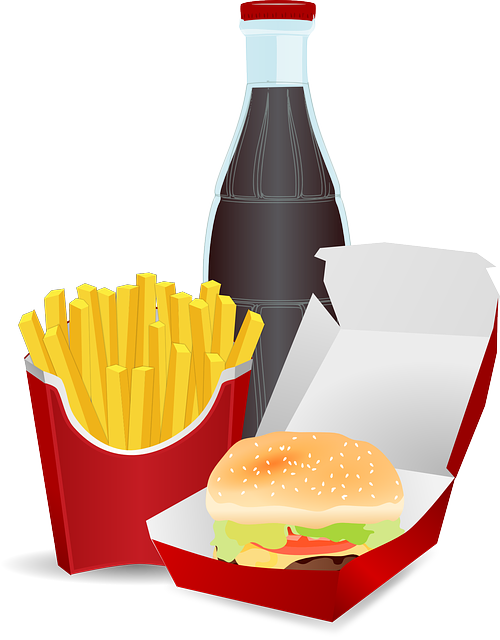
You can't stay awake during a lecture, and you feel like you have a brick in your chest by the end of the day. You've heard it a million times: eat a balanced diet, and you'll feel better and live longer. Unfortunately, researchers found that around 60% of people eat a diet full of processed foods, refined grains, and sugar, which has been shown to increase the risk of chronic diseases like heart disease, cancer, and diabetes.
Your body needs fuel to function correctly. If you don't eat enough nutritious foods, your body won't have the nutrients to stay healthy. That can lead to fatigue, making it hard to function normally. However, a poor diet can also make you feel tired throughout the day.
The food you eat can have a significant impact on your energy levels. Eating the right foods at the correct times can help you stay energised and focused on getting things done. But when you eat the wrong foods, you can feel tired and rundown.
To take an at-home Tiredness and Fatigue Test, click here.
For a full range of medications, visit our Welzo Online Pharmacy Page. For more details click here.



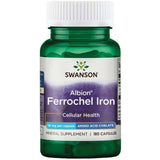
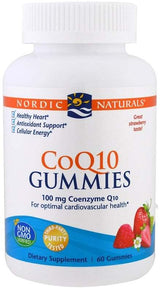



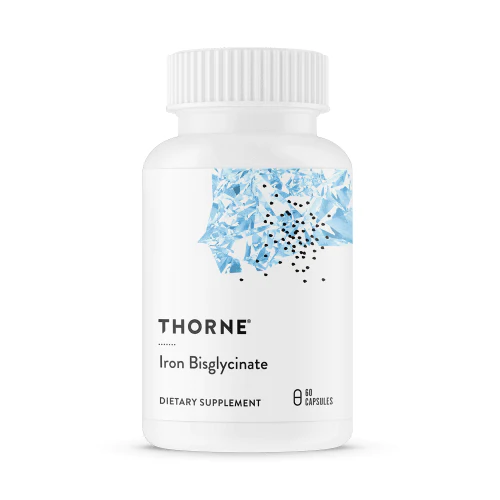



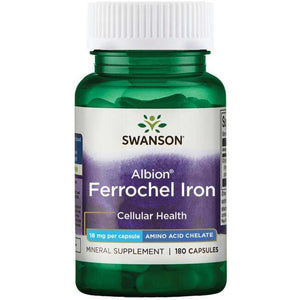
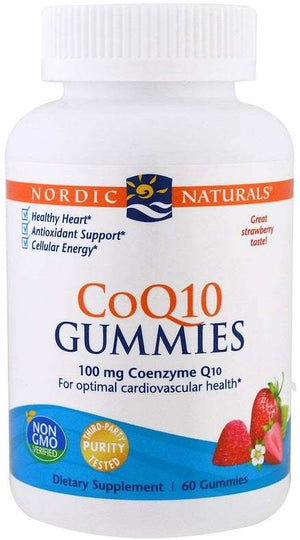



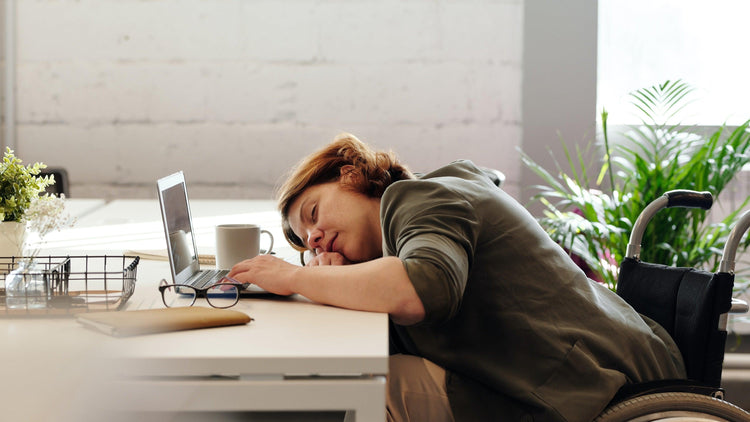
 Rated Excellent by 26,523+ Reviews
Rated Excellent by 26,523+ Reviews